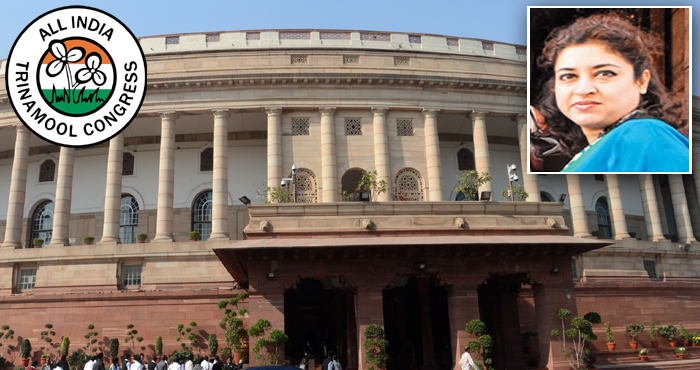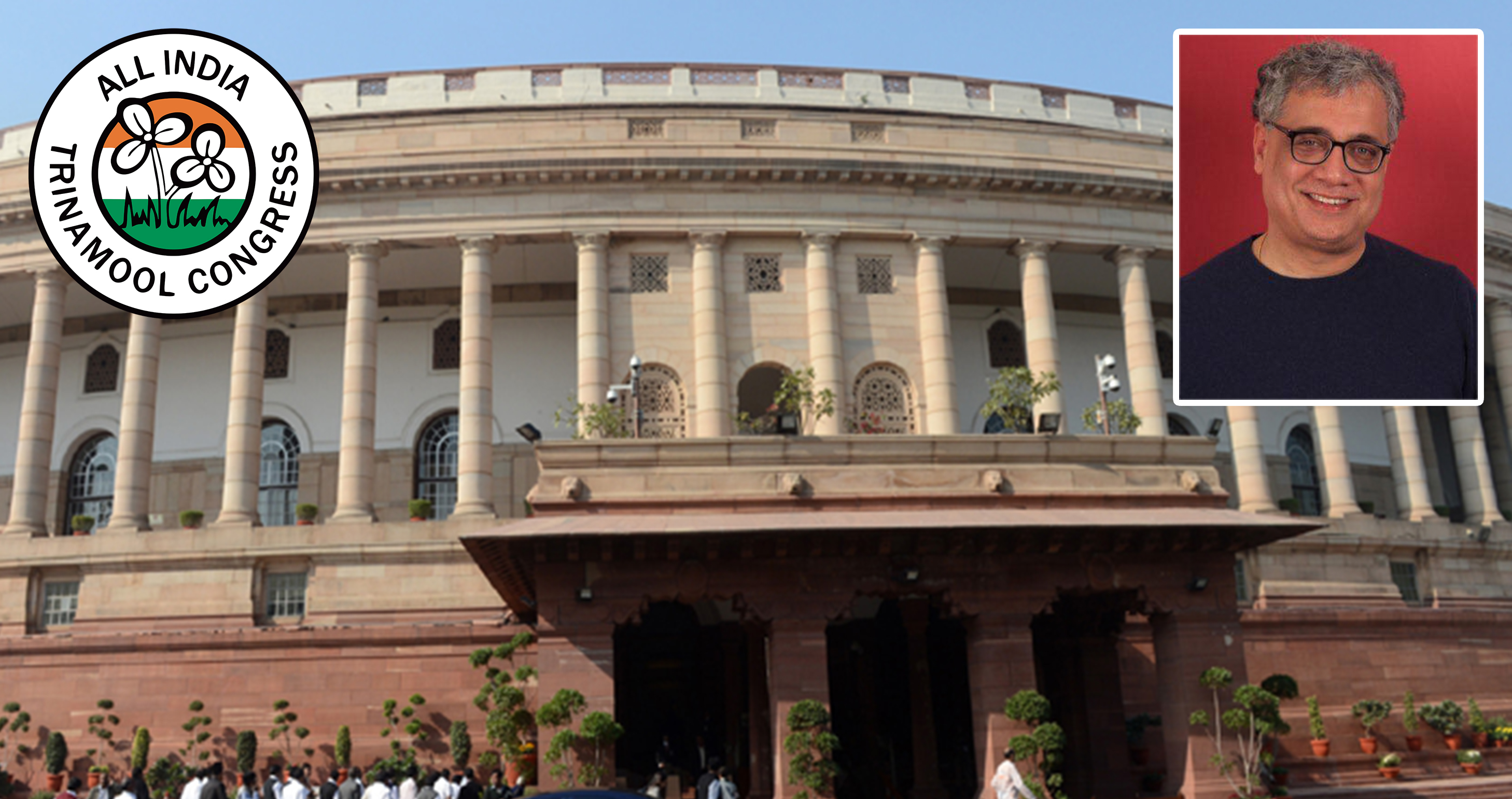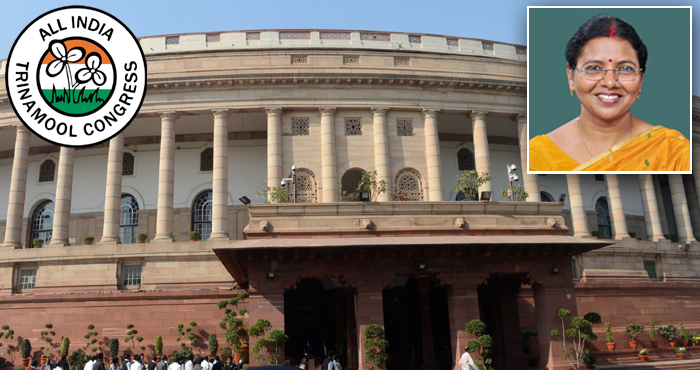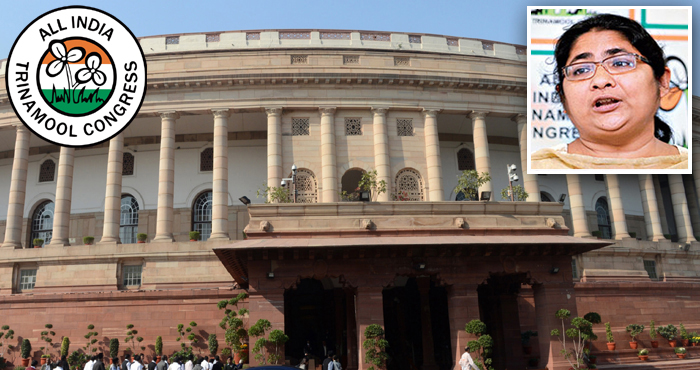FULL TRANSCRIPT
Sir, I rise to support the Trafficking of Persons (Prevention, Protection and Rehabilitation) Bill 2018. To showcase its commitment to combat human trafficking, we request the Government of India to ensure the following:
The due law must safeguard the non-liability of the victims of trafficking, empowerment of HST units across the districts in India, which has the authority to rescue and investigation throughout the case cycle, filing the registration of FIR, the arrest, of evidence, investigation or prosecution. Protocols and funds, coordination in interstate cases of forced labour should be made available to support officials and NGOs. Part of interstate transfer, including for loading and food and survivors for they are dependent. Adequate police protection should also be ensured in this transfer. Acknowledgement in critical roles of NGOs and support and corroborate combating trafficking, including labour trafficking and bonded labour. Adequate funding for rescued and further reinforcement for the new law of trafficking. On May 31, the Walk Free Foundation released its 2016 Global Slavery index which claimed that there were 45.8 million modern slaves around the world out of which 18.3 million were in India. The proposed law removes little of India’s modern slavery. It is a photocopy of a western approach.
Madam, main Standing Committee ke vajah se 2 -4 jail mein visit kiya. Vahan pe bahut saare Bangladesh ke log mile. Jail mein chaay (6) saal tak ke bachche maa ke saath jail mein reh sakte hai. Uske baad who nahin reh sakte. Uske baad kyun nahin reh sakte? Us samay bahut sare maa mere paas aaye the jiske bacche kaha hain unko pata nahin. NGO ke pass hain? Kaun se NGO ke pass hain? Kuch nahin malum. Unke paas koi support hain nahin. Jail mein aap kabhi jayenge to depression mein aa jayenge. Saat saal, dus saal trial hi ho raha hain, jis ke kuch result ho hi nahin raha hain.
Mein aur ek baat batau, jo aap sab ko malum hain. It is a very big racket, yahaan pe NGOs, homes aur police bhi saath mein jure hote hain. Ek bachche ko le aane se Rs 700 milte hain, unke liye bhi yeh sab karte hain. Yeh adoption ke bare me bhi mein bol sakti hoon. Pata nahin jo rules and regulations hote hain is mein jo log crime korte hain woh to nikal jate hain dusre line se, jo log sach much adopt karna chahte hain, kyun pahunch nehi pate hain? Kyun ki, itna files, itna rules hain. Lekin bacche bare ho jaye to unka adoption ka koi matlab nahin hain. Kitne log tadapte hain bachche ke liye. Aur mujhe ek baat bataya jaye. Jo aajayenge rehabilitation board se, panch saal baad mein ghar aaye ya panch mahine baad mein bhi ghar aaye, ghar usko society ki wajah se accept nahin karti.
Mein yeh manti hoon, rules, law, kanoon, kuch bhi society ko badal nahin sakte, kuch change kar sakte. Nahin toh crime bhi nahin hote iske baare mein. Main yeh request karungi, after yeh new law ke saath, bhagwan kare, society change ho jaye, badal ho jaye jiske saath humlog is society mein un logon ko accept kare , jo sach much problem mein hain, yeh society change ke liye humlog appeal korte hain.
We support this Bill, thank you.






